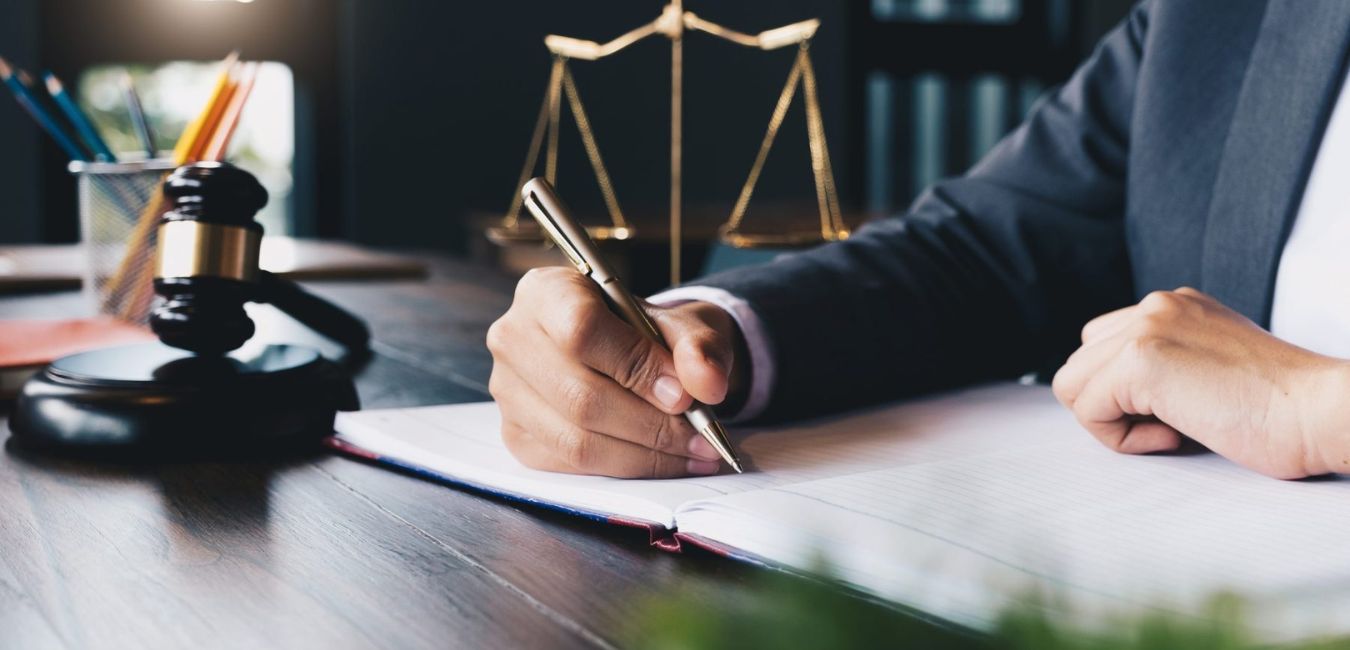Stomach Pains After a Car Accident: Unraveling the Common Causes
The aftermath of a car accident can leave you with a laundry list of physical ailments, and stomach pains often rank high on that list. These pains can stem from a myriad of causes, both within and outside your digestive system. Understanding the potential triggers can help guide your recovery and provide reassurance that it’s not all in your head.
What Causes Stomach Pains After a Car Accident?
Internal Injuries: The Hidden Culprits
The abrupt forces of a car accident can wreak havoc on your internal organs, including the stomach. Even minor impacts can cause contusions or tears in the stomach lining, leading to pain, nausea, and vomiting. In severe cases, these injuries can require surgical intervention to repair the damage.
Beyond the stomach itself, injuries to nearby organs, such as the intestines or pancreas, can also manifest as stomach pains. These injuries may cause inflammation, bleeding, or blockages, all of which can trigger discomfort and require medical attention.
One particularly concerning type of internal injury is a seat belt injury. While seat belts save lives, they can also exert significant pressure on the abdomen, potentially causing internal bleeding or organ damage. If you experience severe stomach pains after an accident, even if you were wearing a seat belt, don’t hesitate to seek medical evaluation.
Other common causes of stomach pains after a car accident include:
- Muscle strains: The sudden impact and bracing against the seat or steering wheel can strain the abdominal muscles, causing pain and tenderness.
- Emotional stress: The trauma of a car accident can trigger emotional stress, which can manifest as stomach pains, nausea, or diarrhea.
- Delayed onset pain: Sometimes, stomach pains don’t appear immediately after an accident but develop hours or even days later. This is often due to delayed-onset injuries or muscle soreness.
Stomach Pains After a Car Accident
A car accident can be a traumatic experience, both physically and mentally. In addition to the immediate injuries you may sustain, you may also experience stomach pains later on. These pains can be a sign of internal injuries, which can be serious if not treated promptly.
Internal Injuries
The stomach is a vital organ that plays a crucial role in the digestive process. When the abdomen is subjected to blunt force trauma, the stomach can be damaged, leading to internal bleeding and pain. This pain can be sharp or dull and may be accompanied by nausea, vomiting, and abdominal distension.
Intestinal Injuries
The intestines are also susceptible to damage in a car accident. The small intestine is responsible for absorbing nutrients from food, while the large intestine absorbs water and electrolytes. If the intestines are injured, it can lead to abdominal pain, diarrhea, constipation, and blood in the stool.
Other Abdominal Injuries
In addition to the stomach and intestines, other organs in the abdomen can also be injured in a car accident. These include the liver, spleen, kidneys, and pancreas. Injuries to these organs can cause a variety of symptoms, including abdominal pain, nausea, vomiting, and internal bleeding.
When to Seek Medical Help
If you experience stomach pains after a car accident, it is important to seek medical help promptly. These pains could be a sign of internal injuries that require immediate treatment. Your doctor will perform a physical examination and may order imaging tests, such as an X-ray or CT scan, to assess the extent of your injuries.
Stomach Pains After a Car Accident: Beyond Whiplash
If you’ve been in a car accident, you might be familiar with whiplash – that annoying pain in the neck that can linger for weeks. But do you know that stomach pains can also be a common symptom after a collision?
Seatbelt Syndrome
When you’re abruptly stopped by the force of a crash, your body is put under enormous pressure. The seatbelt, while essential for safety, can also put strain on your abdominal muscles, leading to pain and tenderness. This is known as seatbelt syndrome.
Muscle Strains
Besides seatbelt syndrome, the sudden impact of a car accident can strain the muscles in the abdomen. Imagine a boxer suddenly punching you in the gut – it’s a similar effect. These strains can cause sharp, shooting pains that can make it uncomfortable to move or even breathe deeply.
Internal Injuries
In more severe cases, car accidents can lead to internal injuries to the abdomen. These include:
- Lacerations: Cuts or tears to the organs
- Contusions: Bruising of the organs
- Ruptures: Breakage of the organs
These injuries can be life-threatening and require immediate medical attention.
When to See a Doctor
If you experience stomach pain after a car accident, it’s important to seek medical attention as soon as possible. While some discomfort is normal, severe or persistent pain could indicate a more serious injury. Don’t ignore it – get it checked out by a professional to ensure your well-being.
Stomach Pains After a Car Accident: Don’t Ignore the Warning Signs
If you’ve been in a car accident, you may be feeling shaken up, both physically and emotionally. And if you’re experiencing stomach pains, it’s important to take them seriously. Even if you don’t have any visible injuries, internal damage can occur after a crash.
Emotional Stress
The stress and anxiety of a car accident can trigger stomach pains, even in the absence of physical injuries. When you’re in an accident, your body goes through a lot of trauma. Your heart rate increases, your muscles tense up, and your breathing shallows. This can all lead to stomach problems like nausea, vomiting, and diarrhea.
Physical Injuries
In some cases, stomach pains after a car accident can be caused by physical injuries. These injuries can range from minor cuts and scrapes to more serious internal bleeding. If you have any of the following symptoms, it’s important to seek medical attention right away:
- Abdominal pain that is severe or doesn’t go away
- Nausea or vomiting
- Diarrhea
- Bloody stools
- Fever
- Chills
Other Causes
In addition to emotional stress and physical injuries, there are other factors that can contribute to stomach pains after a car accident. These include:
- Medications: Some medications, such as pain relievers and antibiotics, can cause stomach upset.
- Diet: Eating unhealthy foods after a car accident can also lead to stomach problems.
- Lifestyle changes: After a car accident, you may be less active and eat less healthy foods, which can both contribute to stomach problems.
What to Do
If you’re experiencing stomach pains after a car accident, it’s important to see a doctor to rule out any serious medical conditions. Once any underlying medical conditions have been ruled out, there are a few things you can do to relieve stomach pains:
- Eat small, frequent meals.
- Avoid greasy, spicy, and acidic foods.
- Drink plenty of fluids.
- Get regular exercise.
- Manage stress.




Leave a Reply